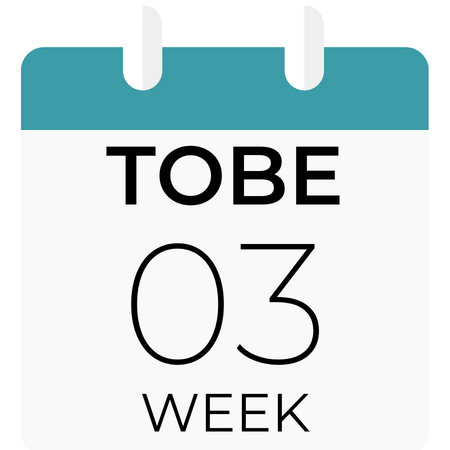John the Baptist Exalts Christ
The One from Heaven
This Sunday, the Gospel is taken from John 3:22-36. In this passage, there was an argument between the disciples of St. John the Baptist and the Jews regarding purification, and they notified the Baptist that Jesus, the one that he baptized, is baptizing others. St. John responds to that comment with a few points. First, he reminds them of what he said earlier ‘I am not the Christ, but I have been sent before him.’ (v. 28). Then, St. John the Baptist made his famous quote “He must increase, but I must decrease” (v. 30). Finally, he emphasizes the point that “whoever believes in the Son has eternal life; whoever does not obey the Son shall not see life, but the wrath of God remains on him” (v. 36).
In today’s reading, we notice two unique and distinct themes. The first, in the verses 22-30 where we see John the Baptist “Exalts Christ”. And the second in verses 31-36 where John the evangelist describes the Lord as “The One from Heaven.”
1st Theme: Exalting Christ
In verses 22-30 we see the Baptist’s disciples express concern about Jesus baptizing, as it seems to draw people away from John’s ministry. But John respond saying, “You yourselves bear me witness, that I said, ‘I am not the Christ, but I have been sent before him.’” (v. 28) Here we see John reaffirms his role as the forerunner and joyfully acknowledges the supremacy of Jesus. This response reflects deep spiritual insight and humility from John as he sees his role as preparatory and understands the divine nature of Jesus’ mission. His statement, “He must increase, but I must decrease,” (v. 30) confirms his humility and understanding of the divine order.
As St. Augustine in his Commentary of the Gospel of St. John says: “May the glory of God then increase in us, and our own glory decrease, that even ours may increase in God!” So, St. Augustine is saying that we must humble (Decrease) ourselves and not become so incredibly prideful, to allow the power of God to work through us and increases.
2nd Theme: The One from Heaven
In verses 31-36 John the evangelist builds on the preceding verses by John the Baptist and highlights the Father’s love for the Son and the Son’s authority over all things, which underscores the divine relationship within the Trinity, “The Father loves the Son and has given all things into his hand.” (v. 35)
The Evangelist also provides a profound insights into the authority of Christ and the crucial choice we face between eternal life through belief or the remaining wrath of God through disobedience, “Whoever believes in the Son has eternal life; whoever does not obey the Son shall not see life, but the wrath of God remains on him.” (v. 36) It is important to understand the conditional contradiction made here. One must believe in order to gain eternal life, but moreover, one must obey the Word of God. Not all who are baptized will be saved. As St. Irenaeus of Lyons said, “And for this reason, he that believeth in Him has eternal life while he who believeth not the Son hath not eternal life, but the wrath of God shall remain upon him.”
May we continue to humble ourselves before the Lord so we may grow with God and allow His to work to increase within us.
Sources:
- John 3:22-36 ESV – John the Baptist Exalts Christ – After – Bible Gateway
- Treasures of the Fathers: Third Sunday of Tubah | Coptic Orthodox Diocese of Los Angeles (lacopts.org)
Note about the sequence of Sunday’s readings in the Month of Tobe.
The month of Tobe is when the Feast of Epiphany occurs. While the First Sunday of the Month is about the escape into Egypt (as it is the first Sunday after the Feast of the Nativity), all of the other readings of the month relate baptism and belief in the Lord Jesus to our salvation and eternal life. This is especially transparent in the Third Sunday of Tobe reading. Since Epiphany is on the 13th of Tobe, sometimes the second Sunday of the month falls before or on Epiphany. The Third Sunday is the first Sunday that is “guaranteed” to be after the Feast of the Epiphany, then. Hence, through this Gospel, the Church continues to place an emphasis on the importance of baptism as it relates to our salvation.

